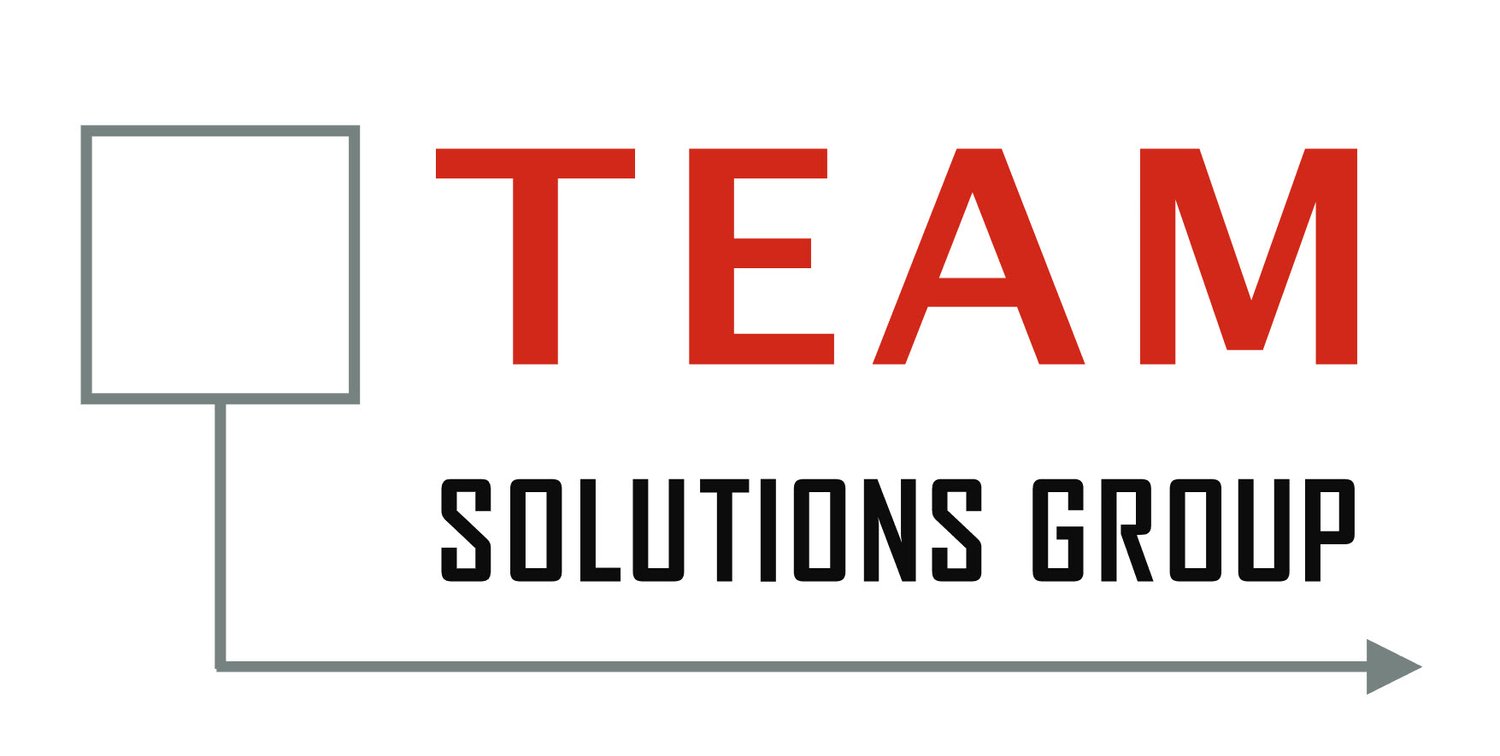
HIPAA Security Risk Assessment
HIPAA Security Risk Assessment (HSRA)
Protecting Your Data, Safeguarding Your Privacy: HSRA’s You Can Trust
TEAM Solutions Group’s experience in the healthcare industry is invaluable especially when it comes to understanding and addressing security concerns, in the context of HIPAA compliance and security risk assessments.
Our expertise can guide you through your own cost saving analysis to delivering a comprehensive enterprise-wide HIPAA Security Risk Assessment (HSRA).
In either case our services encompass a thorough examination of your network's security, including the identification of security vulnerabilities. This involves the discovery of potential weaknesses, configuration audits, asset profiling, sensitive data discovery, and vulnerability analysis. Our team then offers recommendations for safeguarding your systems against such intrusions.
Below are common steps outlining our HIPAA Security Risk Assessment program:
Scope and Purpose: Define the purpose of the Security Risk Assessment (SRA). Identify the scope, including systems, devices, and processes to be assessed.
Regulatory Context: Provide an overview of HIPAA regulations and their relevance to your organization.
Team and Responsibilities: Establish a team responsible for conducting the SRA. Define roles and responsibilities of team members.
Data Inventory: Identify and document all protected health information (PHI) within your organization. Categorize PHI by sensitivity and access requirements.
Threat Identification: Identify potential threats to the security of PHI, such as unauthorized access, data breaches, or natural disasters.
Vulnerability Assessment: Assess vulnerabilities within your organization's systems and processes. Consider both technical and non-technical vulnerabilities.
Risk Analysis: Evaluate the likelihood and impact of each identified threat. Prioritize threats based on their potential risk.
Risk Mitigation: Develop and implement security measures to address identified risks. Document policies, procedures, and security controls.
Patch Management: 24/7 patch management, real-time issue resolution. Computer software often contains errors in the code that could potentially be exploited by malicious actors to gain access to computers and healthcare networks. See the significance of HIPAA and Patch Management.
Documentation and Record-keeping: Maintain records of the SRA process, findings, and actions taken. Ensure that documentation is easily accessible for compliance audits.
Training and Awareness: Train employees on HIPAA regulations, security policies, and best practices. Foster a culture of security awareness within the organization.
Monitoring and Reporting: Implement continuous monitoring of security controls. Report and respond to security incidents promptly.
Regular Review and Updates: Schedule periodic reviews of the SRA program. Update the program to reflect changes in technology, regulations, or your organization's operations.
External Assessment: Consider engaging third-party experts for an independent assessment of your security measures.
Incident Response Plan: Develop an incident response plan to address security breaches. Include procedures for reporting breaches to authorities and affected individuals.
Compliance Documentation: Maintain comprehensive documentation of your organization's compliance efforts. Ensure that policies and procedures align with HIPAA requirements.
Testing and Validation: Regularly test and validate your security controls to ensure their effectiveness.
Reporting and Auditing: Generate reports on the SRA findings and actions taken. Prepare for potential audits by regulatory authorities.
Communication and Training: Communicate the SRA findings and actions to all relevant stakeholders. Provide ongoing training and awareness programs.
Our HIPAA Security Risk Assessment program is crucial for and ensures healthcare organizations maintain compliance and continuously uphold legal requirements.
